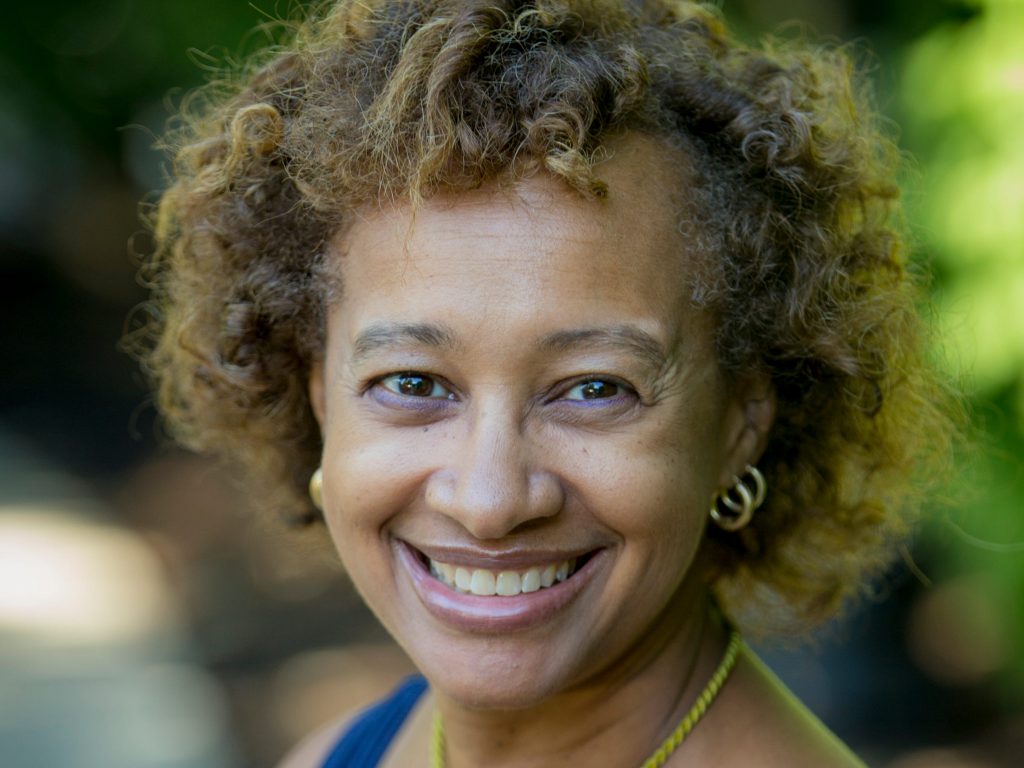- The retirement age was set at 65 in 1935, but life expectancy for Black Americans was only 53 then.
- Life expectancy in the US has increased, but it's still lower for Black and brown people.
- I'm planning for retirement, but I know that, statistically, there's no guarantee.
- This article is part of Women of Means, a series about women taking charge of their finances.
When I was 11 years old, my grandfather died.
I overheard my father on the telephone discussing the arrangements with his mother and siblings, while I tried to process why dying cost money. After eavesdropping on a series of phone calls, I figured it out. Flowers, a repast for the mourners, a special car … that's where the money goes.
My grandfather had life insurance. For me, this was a major lesson in financial management. Insurance is necessary in order for your family to have money for when you die.
In contrast, retirement was rarely discussed in our home. My mother was a teacher, as were all her sisters. Other extended family members worked for the federal government — Treasury, Transportation, the Post Office — which had to adhere to equal-opportunity mandates outlined in the 1964 Civil Rights Act.
The original Social Security Act of 1935 set the retirement age for benefits at 65. In 1935, the average life expectancy of African Americans was 53 years old; for white people it was 63. The average life expectancy of Black people didn't hit 65 until 1973. Life expectancy for white people hit 65 in 1944. Essentially, the majority of Black people wouldn't see the Social Security benefits they'd paid into until the mid-1970s.
The implicit message was, there's no need for a "retirement plan"; most Black people would work until they died.
Life expectancies have increased over time, but they're still not the same
Things are a little different now. Life expectancies have increased. On average, non-Hispanic Black people can expect to live until 75; whites to 79. This in part is because socioeconomic status has been shown to be a major contributor to racial disparities in health.
In other words, Black and brown people don't die earlier in comparison to their white counterparts because of race. They die because they are poor.
According to 2015 data from the Centers for Disease Control, Black people under the age of 65 have a higher probability of dying from the leading causes of death in the US, including heart disease and cancer. Though evidence is mixed, current research also indicates that people with comorbidities such as heart disease, obesity, and cancer are more likely to contract and die from COVID-19, especially if they are unvaccinated.
It's not just health conditions. CDC data from 2019 also shows that Black people are also the most likely to die from firearm violence. (For Blacks, the most common firearm violence is homicide; for whites, suicide.)
I'm planning for retirement despite the numbers
"For me and my family, the educational and SES components compensate for my two big risk factors: being a Latina and an immigrant," Marcela Almeida, an assistant professor of psychiatry at Harvard Medical School, said. "My family has access to good health care and are able to make well-informed choices."
Since Almeida has already given birth to her two children, she also no longer needs to worry about her other risk factor: childbirth. The rate of maternal death for Latinas is slightly higher than the rate for white women. However, Black women are 3.5 times more likely to die within six weeks of delivery due to heart-related incidents and blood-pressure disorders.
I delivered my children without major complications. I also have the means to see a physician for preventive care. I get a mammogram and colonoscopy on the recommended schedule, and I eat a healthy diet rich with a wide variety of grains and fresh vegetables. I exercise regularly, have never smoked, and drink alcohol on occasion. It's likely that I will live until retirement age or older.
However, having and caring for my three children meant interruptions in my work history. As a freelance writer, my income is somewhat unpredictable and lower than what I made in my previous full-time gig as a communications director.
On the other hand, I no longer deal with microaggressions and overt racism in the workplace. It's been shown that stress exacerbates other health factors; there's a lot less, as well as a different kind of stress, when you're your own boss. As an African American woman, I already live with the stress of state-sanctioned firearm violence and police brutality, and that's more than enough.
Still, the odds are in my favor that my husband and I will live until our mid-70s or longer. Therefore, we work with a financial planner to make sure we have enough money — savings, insurance, and Social Security — to maintain our lifestyle until we retire, and enough life insurance for when we die.
- Read more from Women of Means:
- For lesbians, major life events don't just happen — so if I ever want to retire, I have to start planning now
- 5 reasons women face roadblocks to retirement and need to save more
- Living and working with a disability means after years of job interviews and résumé gaps, retirement feels as impossible as ever
- 5 retirement strategies many women are taught too late in life











